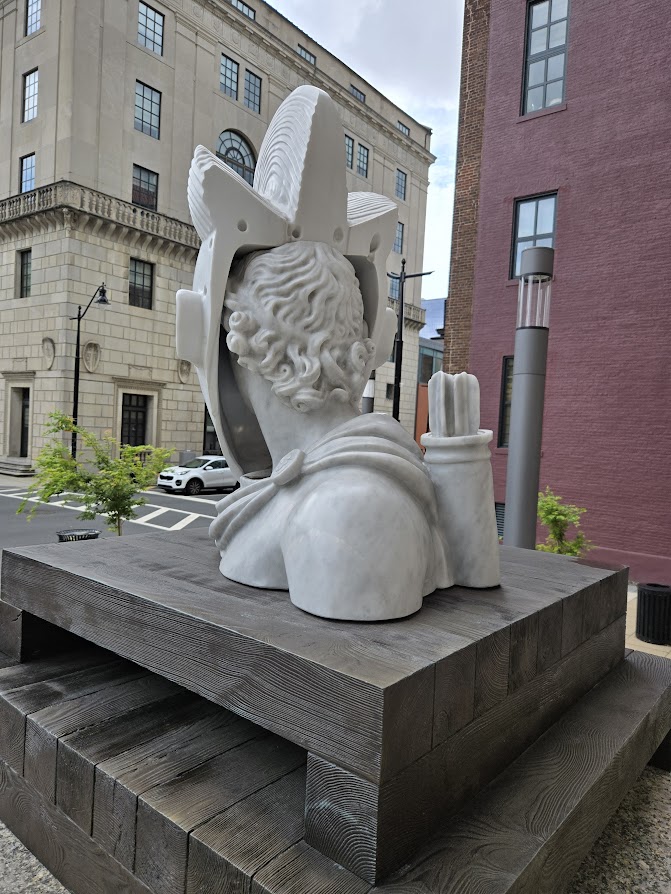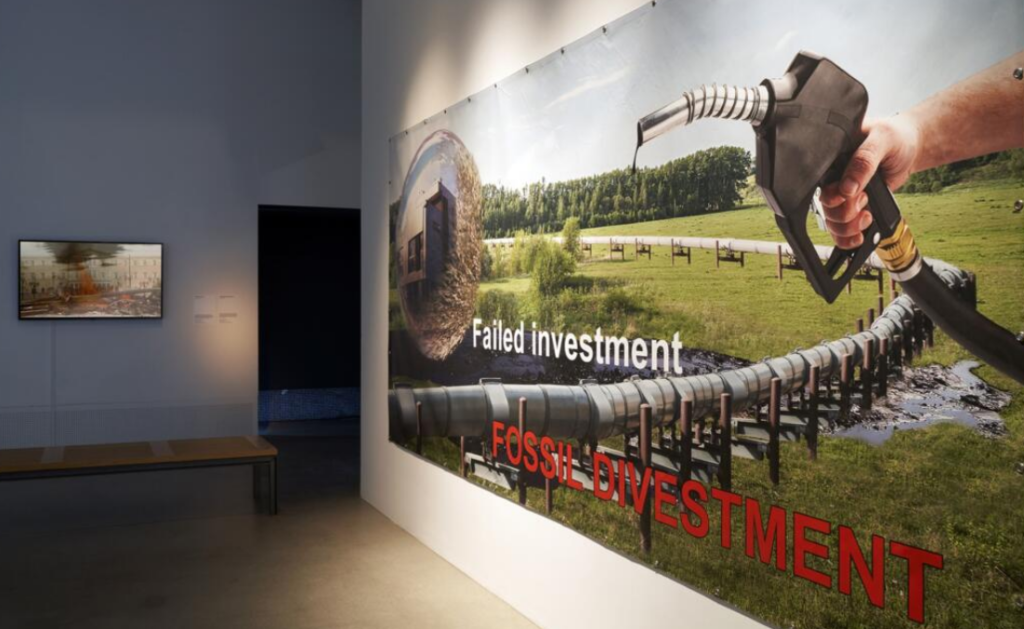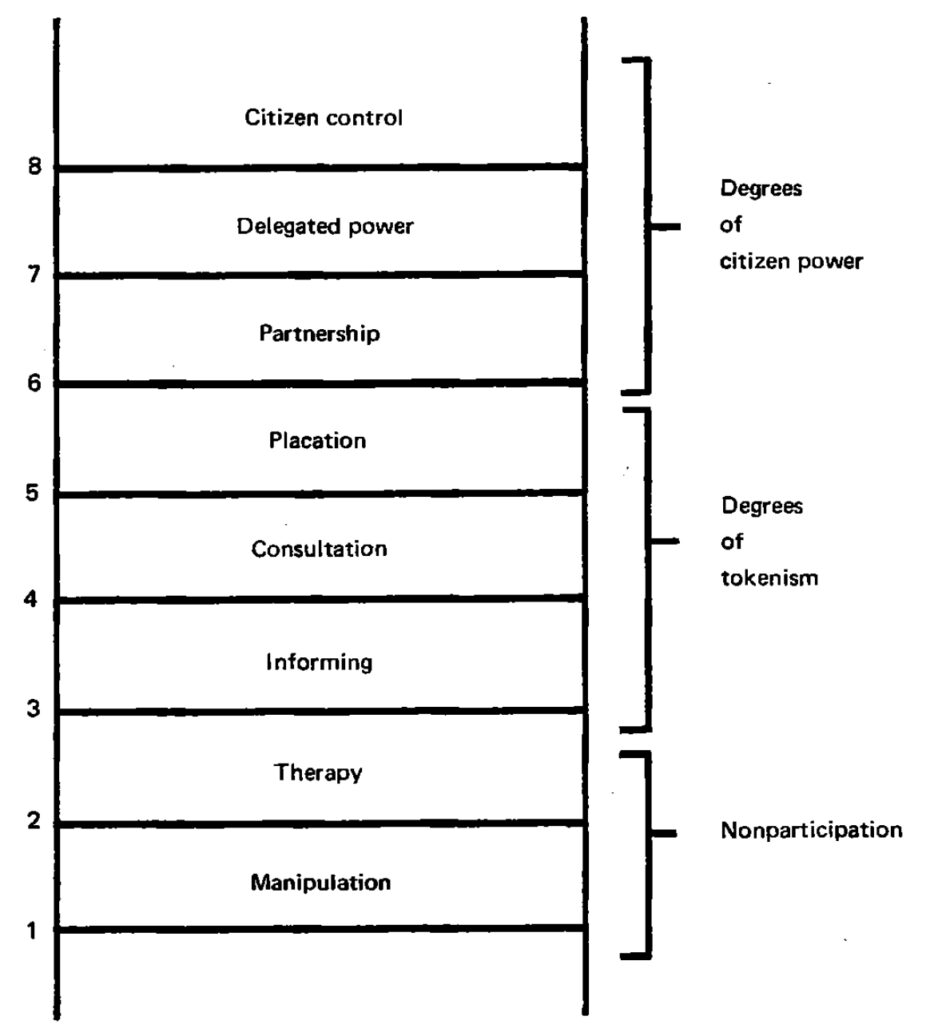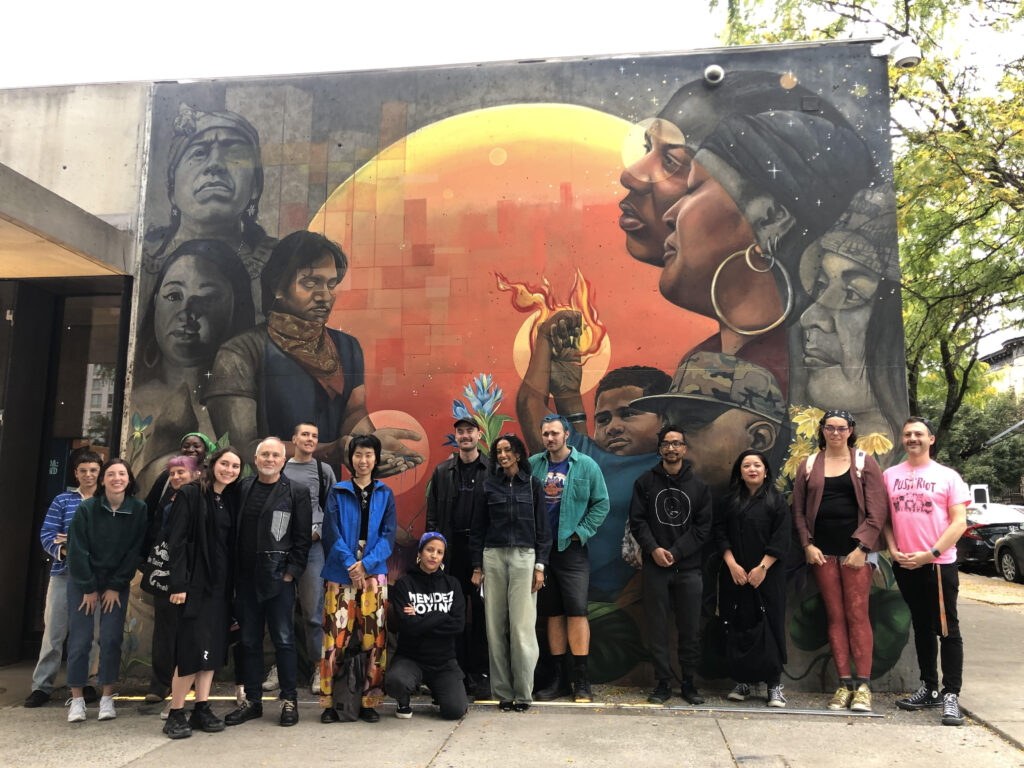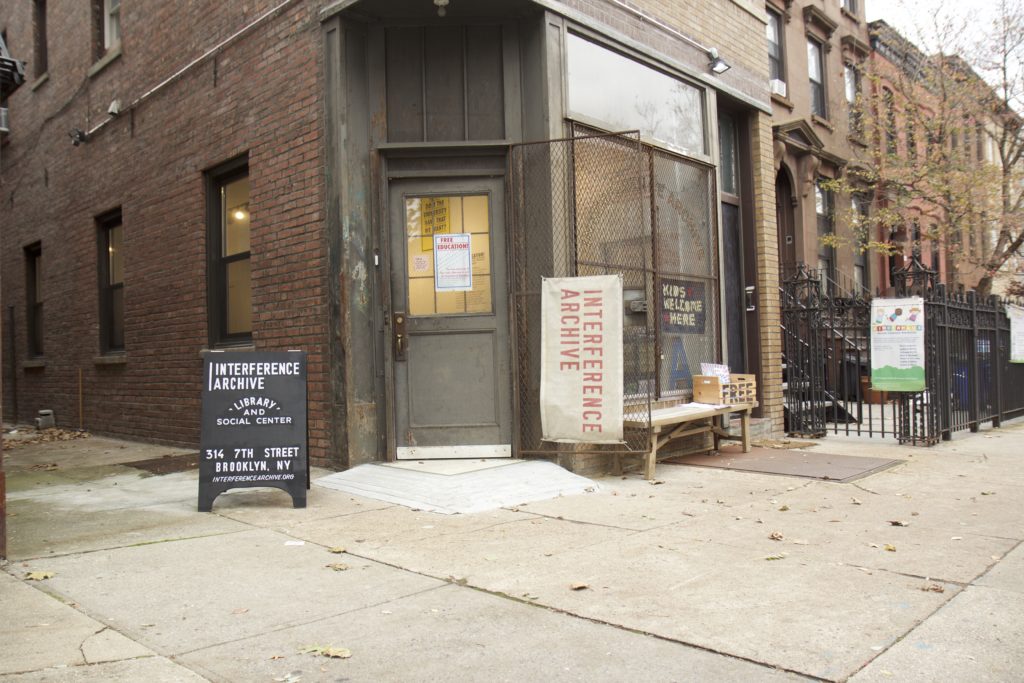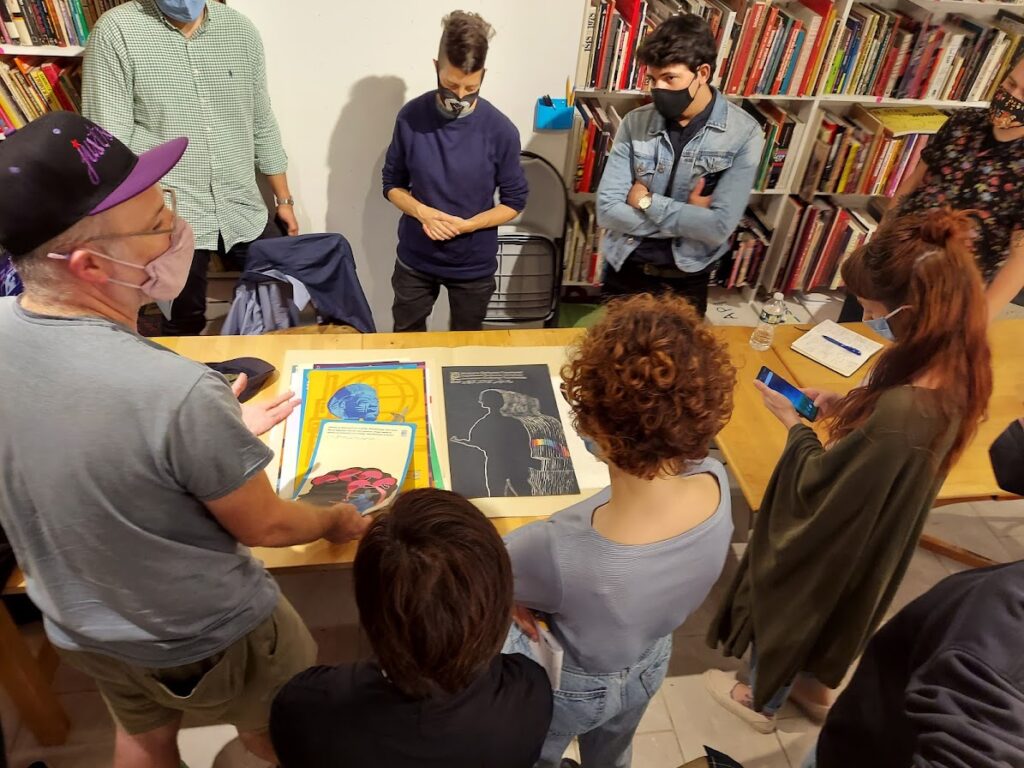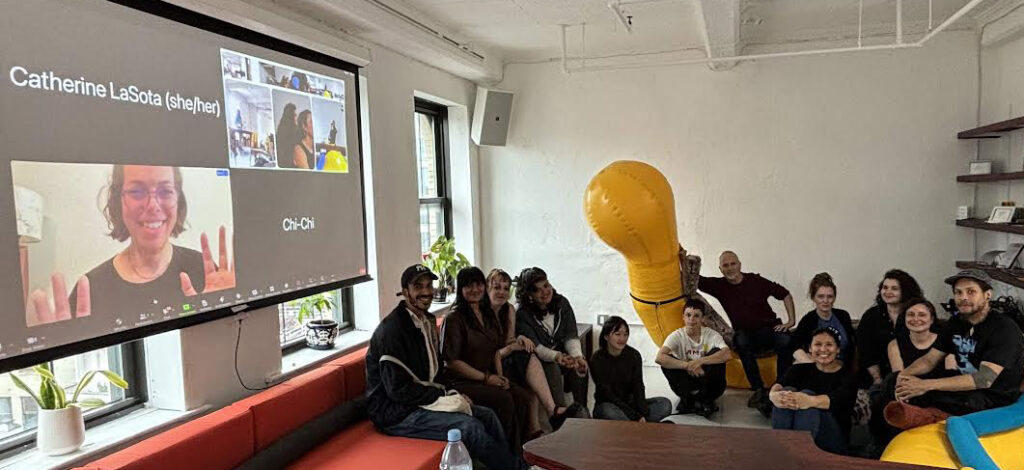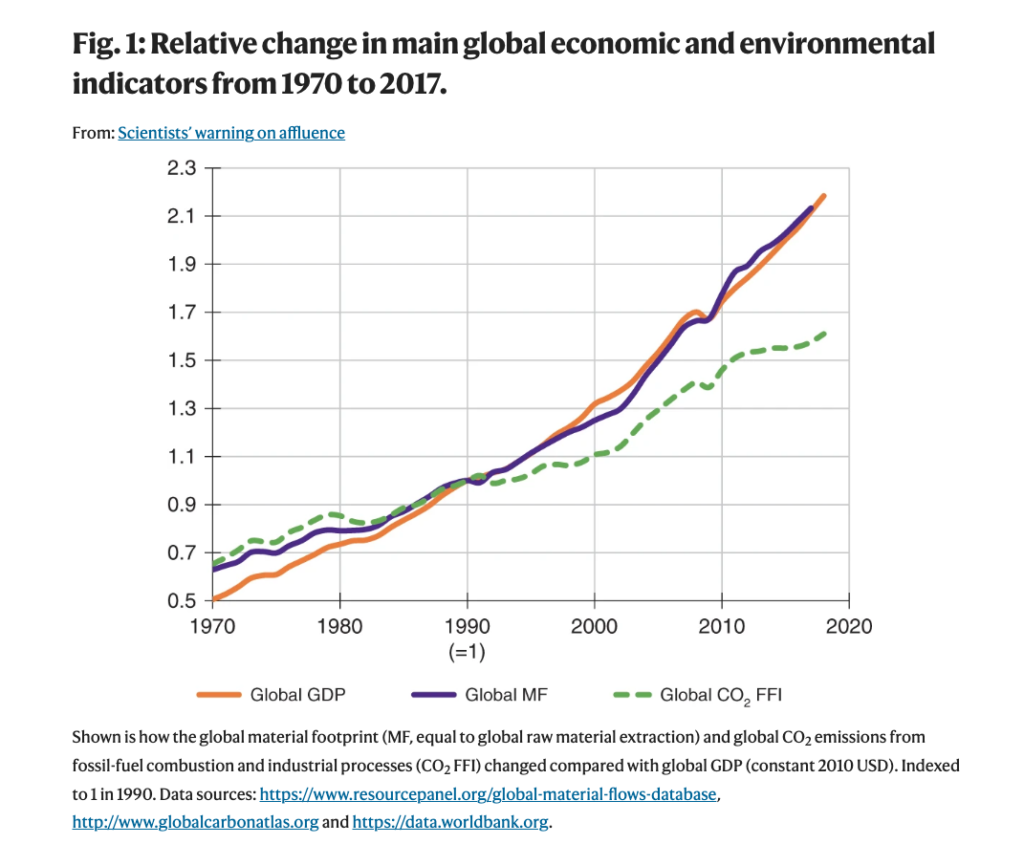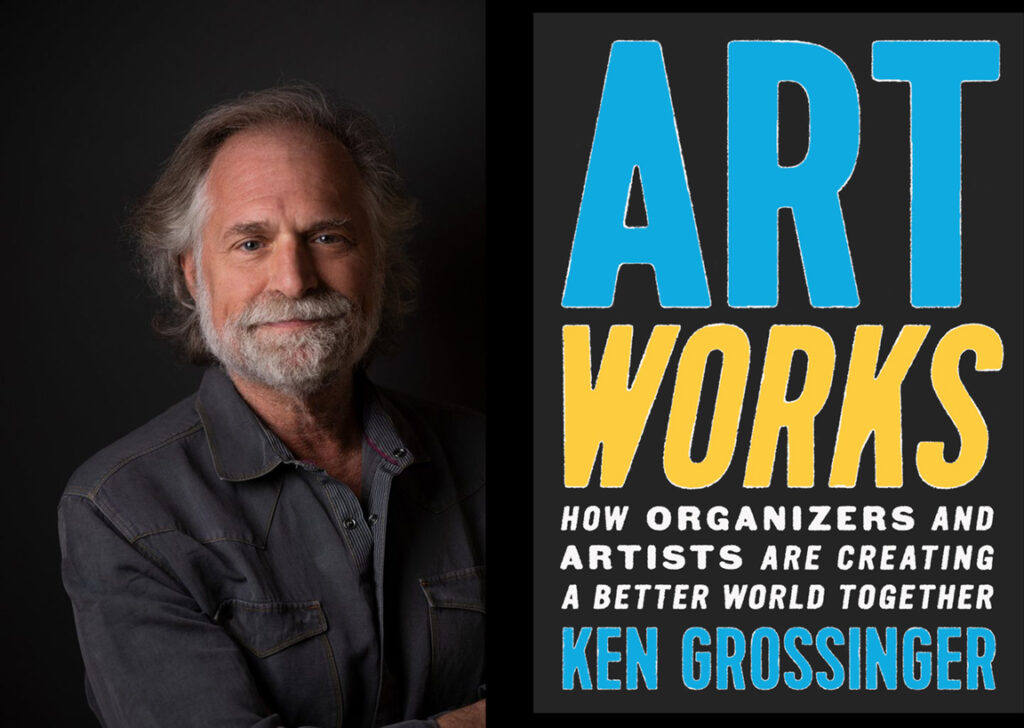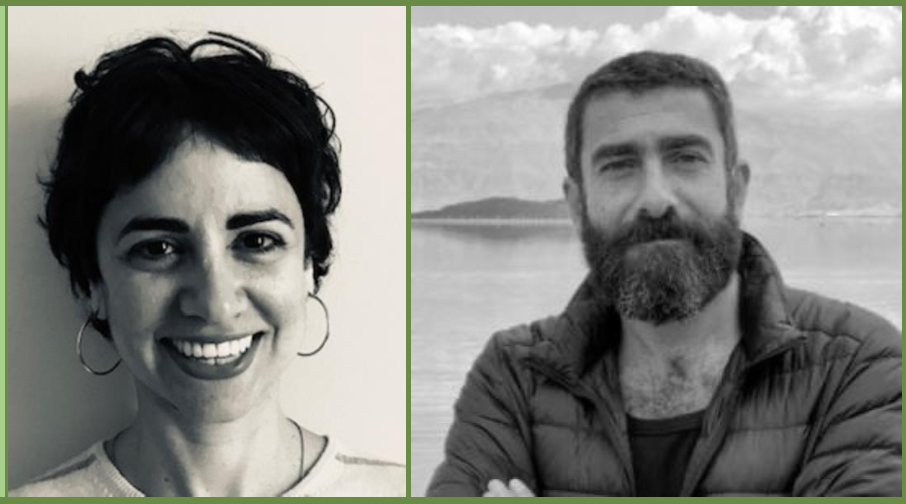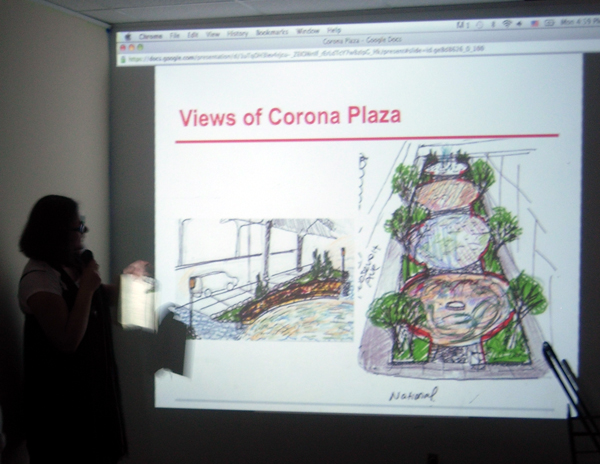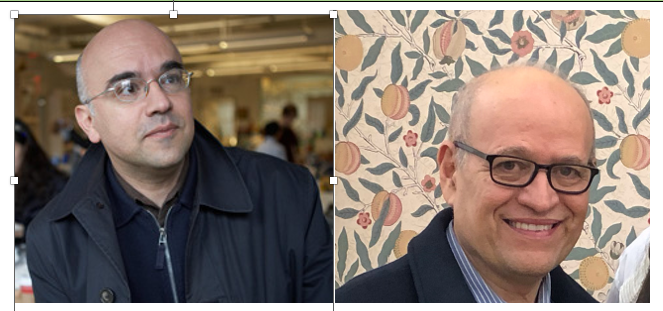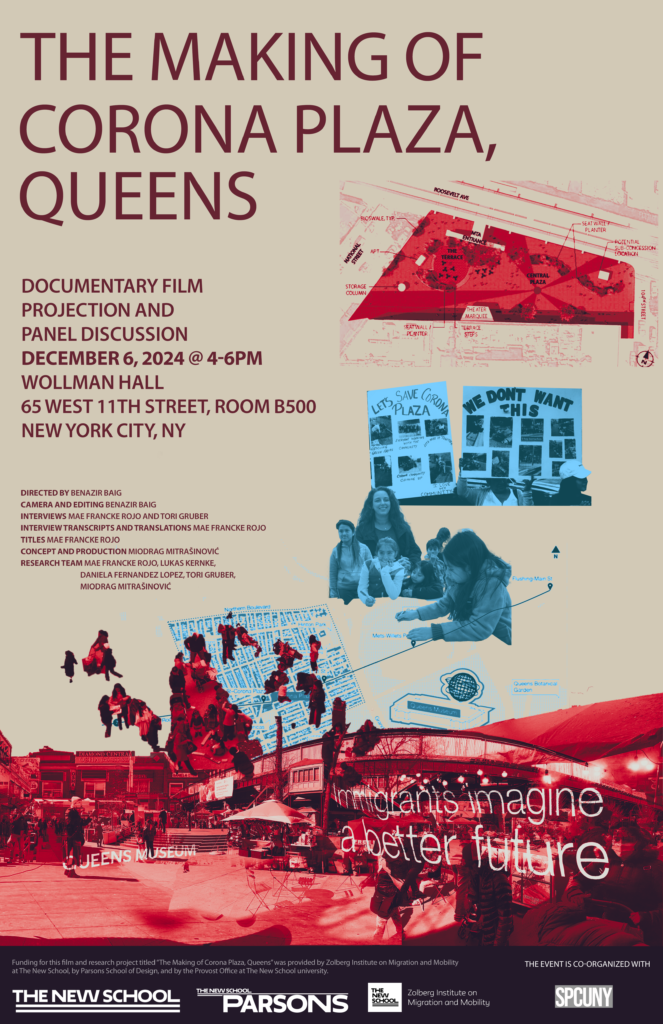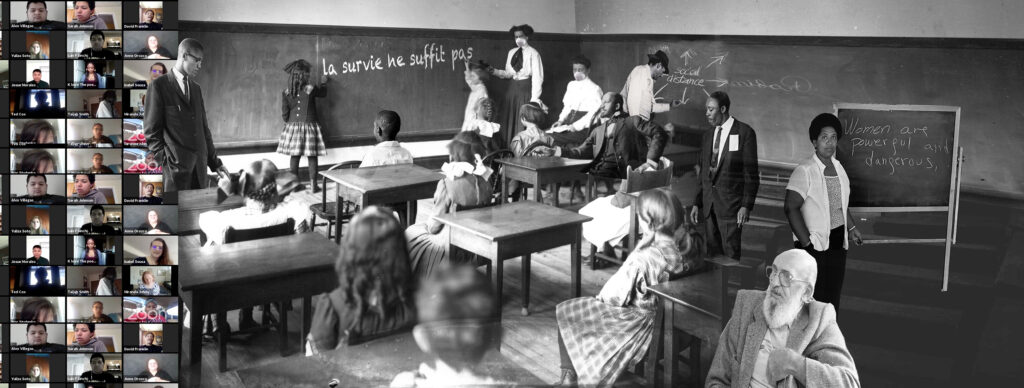A work by Sanford Biggers outside the Newark Museum
ARTOS 777 + EES 79903 + IDOutsS 8 1660-01
__________________________________
Mondays 2 – 4:30 PM
IN-PERSON
@ CUNY Graduate Center Room: 6417
Dr. Gregory Sholette
Email: gsholetteSTUDIO@gmail.com
** Syllabus and its content might be changed,
please always refer to online site as the latest version.
*** A copy of the basic syllabus is available here: CLICK
An increasing number of artists, curators, and critics have recently turned their energies toward a new type of participatory socially engaged art making. What had previously been marginalized is now gaining more mainstream attention, with a new prominence in museums, biennials, but also on the streets and other public spaces. Even the New York Times has hailed the emergence of this tendency as “social practice art.” The aim of this seminar is to survey, critique and historicize the theory and practice of social practice art as well as activist, interventionist, public, participatory and community based art operating within and across fields such as performance, urban studies, environmental science and other socially engaged disciplines. The class will focus on such questions as: Why is it useful, even necessary, to understand the history and theory of social practice art? Where should we look to find the historical roots of social practice art? Are these within the history of art, or external to it, or crossing a line between two spheres of cultural interpretation and understanding? And what is the “social”? In an increasingly privatized society how do we define and operate within a concept of the public sphere? And how are both mainstream and alternative types of cultural institutions responding to the increasing interest in socially engaged art by emerging artists? Through lectures, readings, discussions and student research presentations we will seek to position socially-engaged visual culture and the shifting role of the artist within an historical, ideological, and critical framework. If possible, guest speakers and offsite visits will also be added as available.
* Course objectives, expectations and assignments appear at bottom of page * Additional Readings and Resources are found here
__________________________________

And with occasional guest Tom Finkelpearl: BIO HERE
SPCUNY Social Practice Teaching Scholar-in-Residence- BIO
__________________________________
SYLABUS
Monday Sept. 9 – Introductions All Around and Seminar Overview
We will discuss content of class together based on your projects and research
2 Discussion of Your Projects
3:15 Oliver Ressler Presentation
Oliver Ressler is an artist who lives and works in Vienna. He produces theme-specific exhibitions, projects in the public space and videos on issues such as global capitalism, forms of resistance, social alternatives, racism and global warming. His work constantly tries to blur boundaries between art and activism.

** Note that Oliver’s exhibition A Life Worth Surviving For will open at the Grad Center’s James Gallery on the first floor at 6PM on Thurs. Sept. 12, with a special even the next evening, Friday Sept 13 in which the artist is in discussion with Professor and SPCUNY Fellow Ashley Dawson, also at 6PM **
Readings:
T.J. Demos “Climate Change as Culture War”
Adam Kleinman interview with Oliver Ressler
Ressler’s Website: https://www.ressler.at/
Additional Readings:
TJ Demos “The Politics of Sustainability: Art and Ecology”
Robert Smithson “A Tour of the The Monuments of Passaic, NJ”
Some of Ressler’s Videos:
__________________________________
Sept. 16 Introduction to the Topic Continued….
Readings:
Tom Finkelpearl, Introduction to “What We Made” (2012)
Ben Davis, “A critique of social practice art…,” International Socialist (2013)
GSholete, “Memes Are Dominating Attention Spans and Clicks Like Never Before. So Why Is Serious Socially Engaged Art Also Thriving?” (2020)
FOLLOW-UP FROM SEPT. 16
TILTED ARC CONTROVERSY: site-specific, post-minimalist work by Richard Serra
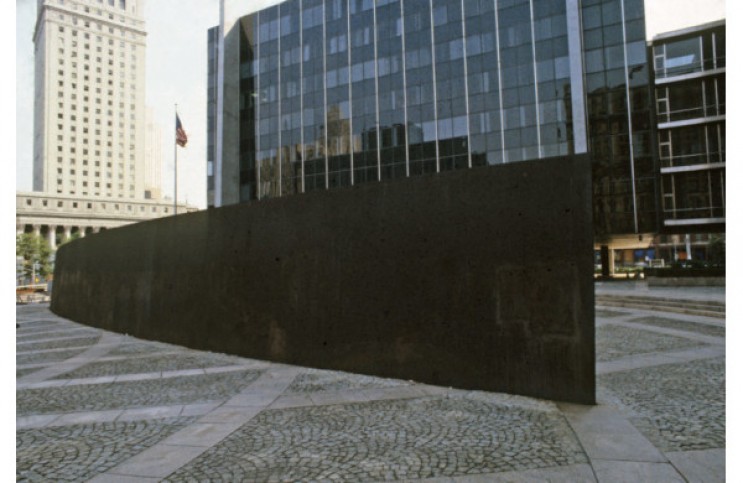
The legal case surrounding Richard Serra’s “Tilted Arc” sculpture in the 1980s was marked by a clash between the artist’s rights and public interests. The controversy emerged when the General Services Administration sought to remove the sculpture from New York City’s Federal Plaza due to public opposition and complaints. Serra argued that this violated his rights under the Visual Artists Rights Act and the First Amendment. After a lengthy legal battle and public hearings, the GSA decided to dismantle and relocate the sculpture in 1987. This case illuminated the complex interplay between artistic expression, public space, and government involvement in funding and maintaining public art, leaving a lasting mark on discussions surrounding public art controversies.
See also: After Tilted Arc: Site Specificity in an age of Enterprise Culture
THE LADDER OF CITIZEN PARTICIPATION by Sherry Arnstein (1969)
Mierle Laderman Ukeles MANIFESTO FOR MAINTENANCE ART, 1969!


__________________________________
Sept. 23: Meet At PS1 MoMA Long Island City, Queens 22-25 Jackson Ave
We will meet at PA1 at 2PM at the entrance kiosk to the museum where the ticket booth is and be visiting several projects including a work co-organized by Jaclyn Reyes and Xenia Diente: Little Manila Queens, Mabuhay!
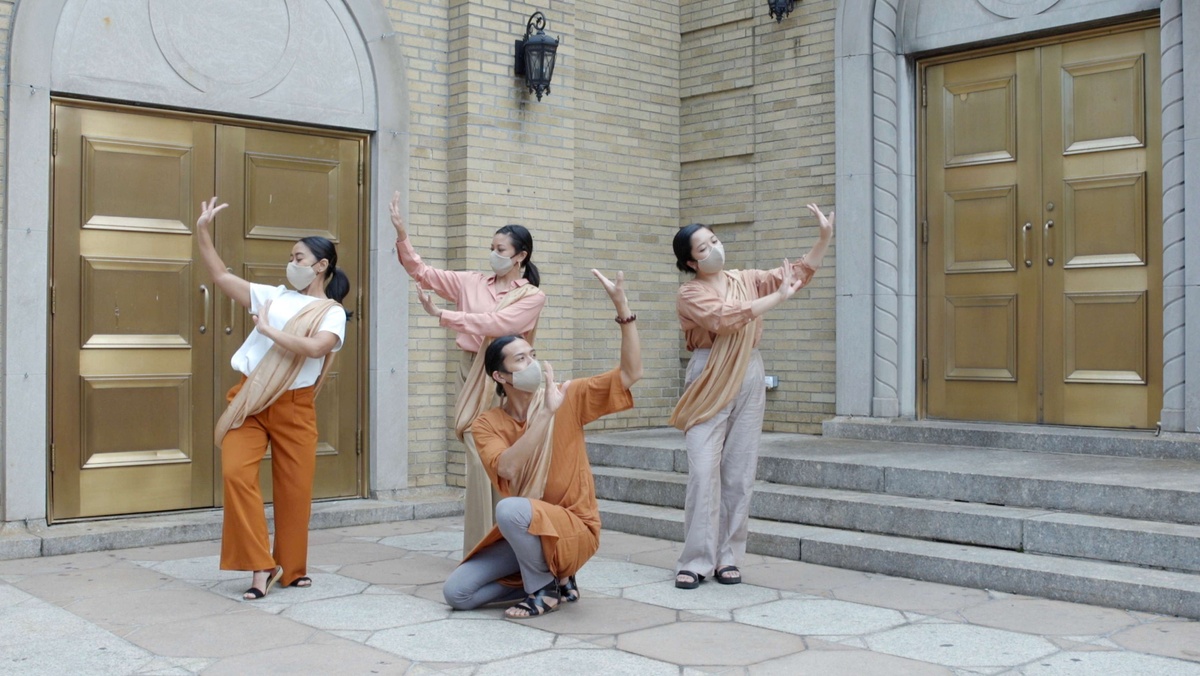
Readings:
Reading: Pablo Helguera -Introduction to Education for Socially Engaged Art
FOLLOW-UP FROM SEPT. 23
Outside PS1 – Photo by Ursula Maria Probst
__________________________________
5- Points Building once across street from PS1 before demo (Click image for more info).
__________________________________
TEMPORARILY REMOVED BECAUSE BUILDING OWNERS ARE THREATENING TO SHUT DOWN THIS SPACE FOR THEIR PRO-PALESTINIAN BANNER OUTSIDE
[ if you would like to meet with the storied artist and community organizer Tomie Arai earlier in the day she will be happy to speak with you at Noon at the Community Liaison Office in Manhattan at 127 Walker Street co-hosted by the Chinatown Art Brigade ]

__________________________________
Sept. 30: Special Guest Fabiana Gibim
Fabiana Gibim is a Guaraní Native from the border of Brazil and Paraguay. She is founder and editor of Sobinfluencia Press, a curating and publishing project in São Paulo/Brazil. She researches Radical Imagination and Transaesthetics in relation to print culture and radical movements. Currently, she is writing on Surrealism in the Caribbeans and the concepts of vibration and resonance. TBA
Readings:
Fabiana Gibim, “Language and Gestures of our own Discoveries.”
Sandra Ruiz & Hypatia Vourloumis, “Formless Formation.”
Fabiana’s Playlist:
- eatriz Nascimento — Orí
- Promise Land — Dennis Brown
- Hugh Mundell — Going Places
- Keen Booth — Freedom Street
- Marku Ribas — Barrankeiro
- Jimi Tenor & Kabu Kabu — Mystery Spot
- Tony Allen — Never (Lagos Never Gonna Be The Same)
- Racionais Mc’s — Vida Loka, pt. 2
- Gil Scott Heron — Inner City blues
- Luiz melodia — Subi o Morro
- Jorge Ben — Minha Estrela é do Oriente
- Tim Maia — Haddock Lobo
- Stevie Wonder — Living for the City
- Mauricio Pazz — Negro Movimento
- Tânia Maria — Pingas da Vida
- Thandi Ntuli — Rainbow Revisited
- Wilson Simonal — Quem Mandou
- Yussef Days — Birds of Paradise
- Sault — Warrior
- Theo Parrish — Free Myself
- aja monet — black joy
- Cedric Brooks & the Mystic Revelation of Rastafari — Song For South Africa
- Gilberto Gil — Patuscada de Gandhi
- Bantu Spaceship — Missava the Arrival
- Djalma Correa — Banjilografo
- Tony Allen — Celebrate
- Jantra — Gedima
- Música das coisas, dos bichos e dos vegetais — Marimbondo
__________________________________
Oct. 7 Meet Josh MacPhee at Interference Archive 314 7th St. Brooklyn
Josh MacPhee is a founding member of the Justseeds Artists’ Cooperative and Interference Archive (a collection of public, cultural materials produced by social movements in Brooklyn, NY), as well as an artist, designer, and archivist.
Reading: IA: Building a Counter-Institution in the USA
__________________________________
Oct. 14 COLLEGE CLOSED
Oct. 15 CLASS MEETS TUESDAY at 5PM – 7PM
PRESENTA{{TIO[N BY Ursula Maria Probst and Martin Wagner speaking about their project FLUCC presCenter for Arts and Communities in Vienna, Austria.
Meet at the James Gallery, first floor of the Graduate Center.
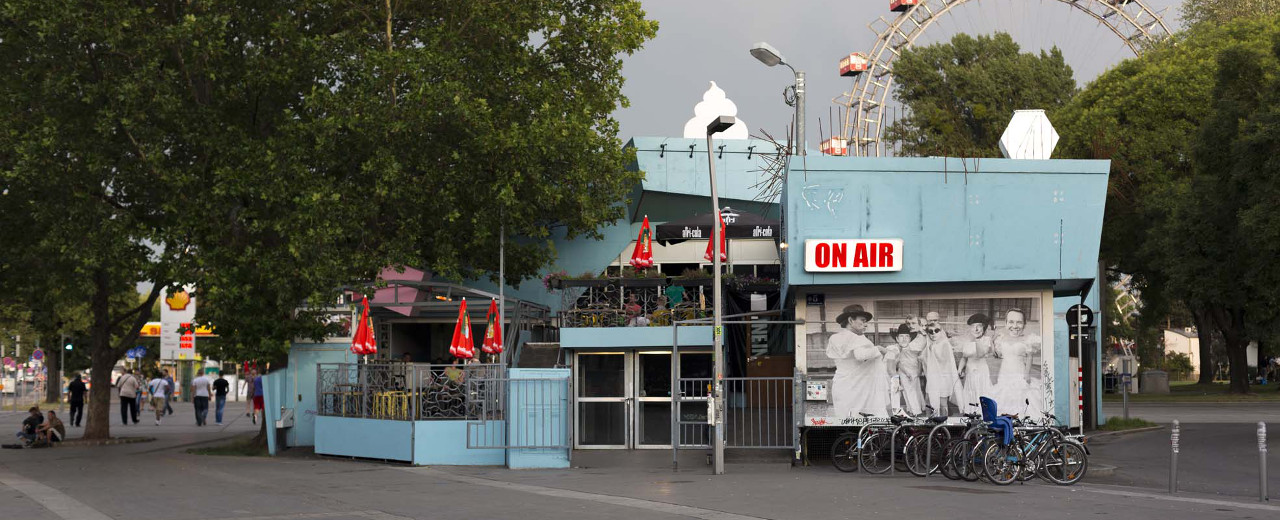
5pm presentation by Ursula Maria Probst and Martin Wagner about FLUCC-Vienna
>After abandoning a former railway canteen as their location, the FLUCC team transformed a nearby pedestrianised passage into the Flucc_Wanne and built the new Flucc directly above it with the help of a team of young architects. The concept: the aboveground Flucc is currently a café and is also used as a cultural point as well as a project setting for art and communities<
At 6PM (after a short break) a one-hour conversation with
former SPCUNY Actionist Jennifer Jones and G. Sholette

__________________________________
Oct 21: Meet at Creative Time HeadQuarters (CTHQ) 59 East 4th St. 7th floor Buzz #14 –
Please be prepared to discuss your research and projects in-progress
__________________________________
__________________________________
Oct. 28 Meet inside the James Art Gallery Grad Center (first floor Grad Center)
Part One 2-3PM: A discussion about Oliver Ressler’s video installations and the possibilities and limits of socially engaged art practice (please refer to readings from first week of class).
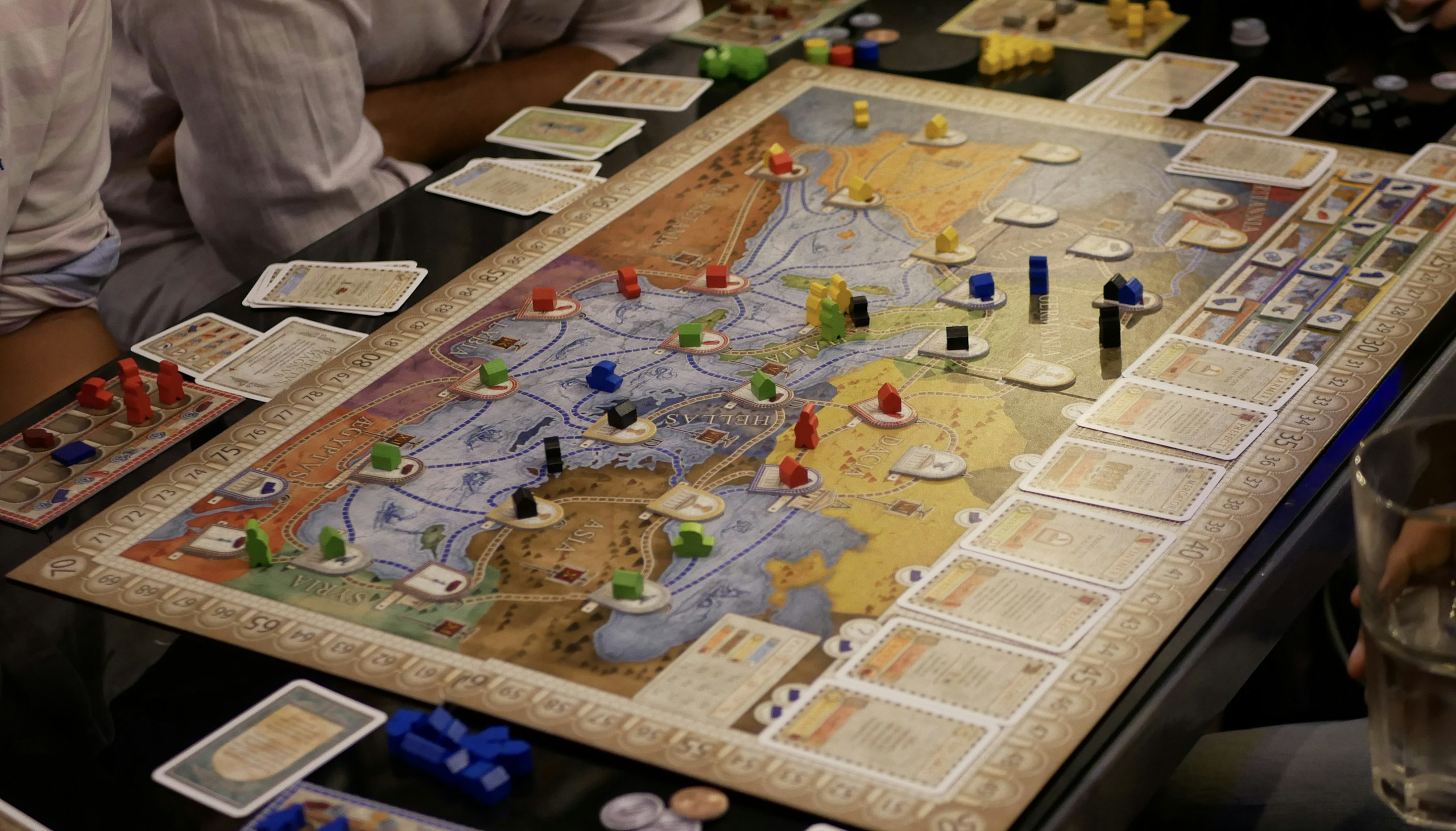
Part Two 3-4PM: Tom Finkelpearl presents a participatory workshop involving Game Theory and Situations of Trust (participation is optional).
LINKS TO BOOKS REFERRED TO INFinkelpearl, “A Cooperative Animal” CLASS 10/28
Augusto Boal, Games for Actors and Non-Actors
Augusto Boal, Theater of the Oppressed
Jenny Odell, How to do Nothing
T. Finkelpearl, A Cooperative Animal
Ressler & Sholette, It’s The Political Economy Stupid
__________________________________
Nov. 4 Rabble Rousers on the Lower East Side- CTHQ (59 East 4th St. 7th Fl)
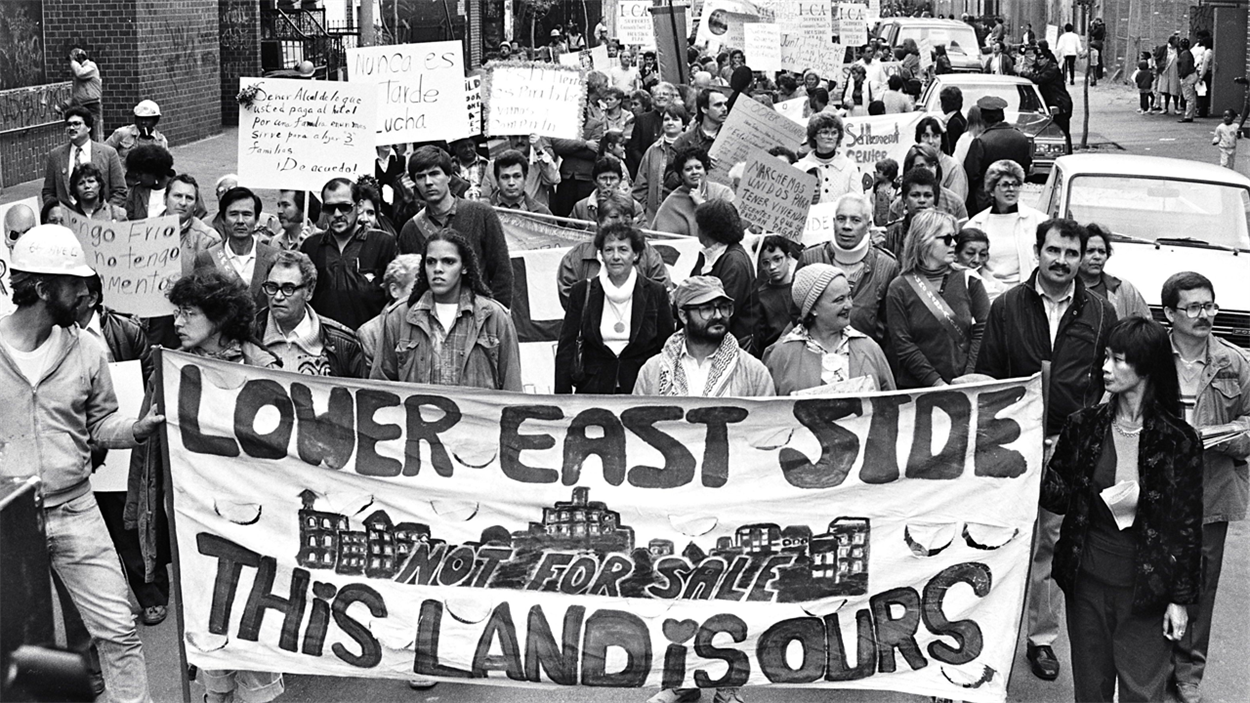
2PM Nandini Bagchee & Dave Powell discuss “Activist Estates” & Film Rabble Rousers
12PM CTHQ screening of Rabble Rousers
Reading: Bagchee Activist Estates Introduction
Additional Optional Reading [see especially pages 96-111]:
GSholette: Nature as an Icon of Urban Resistance
on NYC’s Lower East Side, 1979–1984
__________________________________
Nandini Bagchee is an Associate Professor at the Spitzer School of Architecture at CCNY (CUNY) and principal of Bagchee Architects. Her research focuses on activism in architecture and the ways in which ground-up collaborative building practices provide an alternative medium for the creation of public space.
Dave Powell was born and raised in Brooklyn, and has been involved in the NYC housing movement since the 1990s. He has worked for the Metropolitan Council on Housing, the New York State Tenants & Neighbors Coalition, the Southern Bronx River Watershed Alliance and the Fifth Avenue Committee. He is currently the Executive Director of the Cooper Square Mutual Housing Association II HDFC.
Nov. 11 – With Guest: Ken Grossinger: Art Works
Ken Grossinger has been a leading strategist in movements for social and economic justice for thirty-five years, in unions and community organizations, and as director of Impact Philanthropy in Democracy Partners.
Readings: GS Interview with Ken Grossinger
And please visit Ken’s website and review the Art Works Workshop in a Box feature
__________________________________
Nov. 18 With Işın Önol: Navigating Ethics and Challenges in Socially Engaged Art.
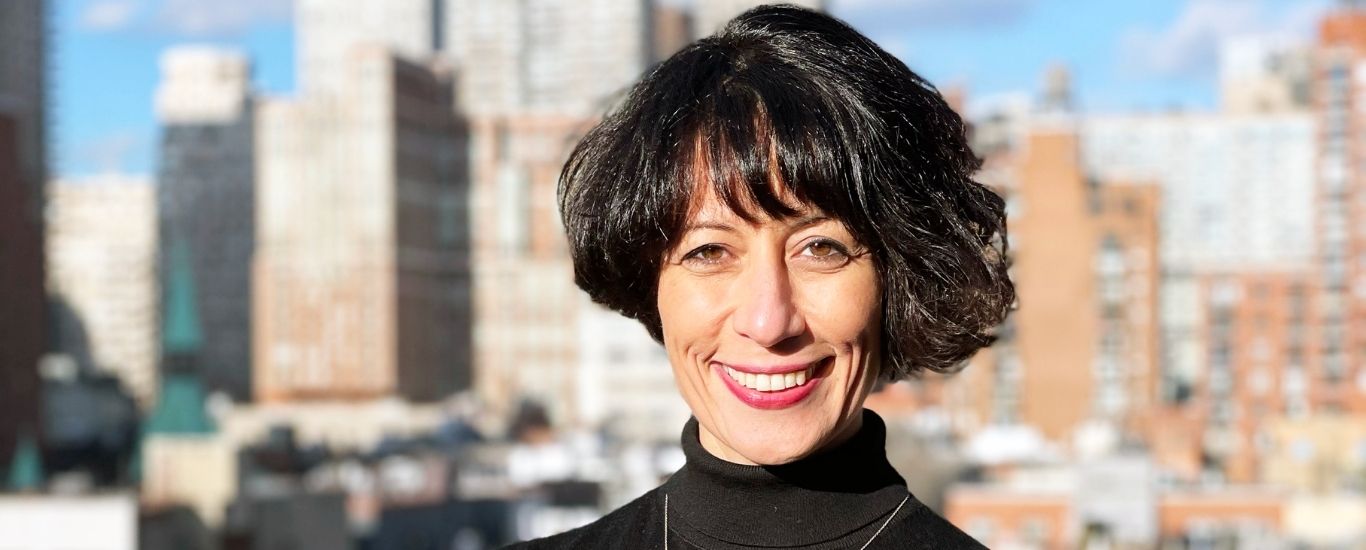
Işın Önol (b. 1977) is a curator, writer, and art professor based in New York City and Vienna. She currently serves as Director of Curatorial Research at the School of Visual Arts, MA Curatorial Practice Program in NYC. Her curatorial research focuses on connecting archival information with oral histories to create platforms for collective memory through collaborative art practices.
Reading: Susan Meiselas: Mediations
Işın Önol (b. 1977) is a curator, writer, and art professor based in New York City and Vienna. She currently serves as Director of Curatorial Research at the School of Visual Arts, MA Curatorial Practice Program in NYC. Her curatorial research focuses on connecting archival information with oral histories to create platforms for collective memory through collaborative art practices.
__________________________________
Nov. 25 Dr. Hanan Toukan and Moukhtar Kocache will be addressing the war on Palestine and censorship in the arts globally
Reading: Refusing Epistemic Violence: Guernica-Gaza and the ‘German Context’
Hanan Toukan is Professor of Politics and Middle East Studies. Her research sits at the intersection of Middle Eastern studies, international politics, critical theory, political theory, colonial/postcolonial studies, contemporary art theory, visual cultures and cultural studies. Her writings are concerned with the political and social roles art and cultural institutions play in our lives; the function(s) of art in international politics; museums and exhibitionary practices; migration and the movement of art objects; and the politics of knowledge production in and about the memories, displacements, racializations, histories and ecologies of Global South contexts.
Moukhtar Kocache has expertise in philanthropy, cultural and civil society development and curatorial practice. Born in Beirut, he was raised in Paris and spent fifteen years in Washington DC and New York, and eight years in Cairo. He is the founder of the Palestinian cultural project RAWA and he currently divides his time between New York, Paris and Istanbul. From 2004 to 2012 he was Program Officer at the Ford Foundation’s regional office in Cairo. During his tenure there he worked mainly on the development and sustainability of arts and culture spaces, networks and service infrastructure. His grant-making supported small to mid-sized organizations and focuses on creativity, discourse, arts education and cultural development in Egypt, the Occupied Palestinian Territories and Lebanon with some programming in the Middle East and North Africa (MENA) region.
Additional Recommended Readings:
Dec. 2- Transforming Corona Plaza – an experiment in applied socially engaged art education with Miodrag Mitrašinović and Tom Finkelpearl
Miodrag Mitrašinović is a Professor of Urbanism and Architecture at Parsons School of Design and who recently completed producing a documentary about Corona Plaza directed by Benazir Braig. Mitrašinović’s scholarly work focuses on the role design plays as an agent of social and political change, and as a catalyst for critical urban transformations. His research argues for the centrality of designing in the conceptualization, socio-spatial production, and representation of democratic and participatory urban space. His work also focuses on the generative capacity and infrastructural dimensions of public space, specifically at the intersections of urban and public design, social justice, and public policy. He recently completed the documentary “The Making of Corona Plaza” directed by Benazir Baig and premiering on Dec 6 in Wollman Hall, The New School, 65 West 11th Street, Room B500. To Register go to: https://event.newschool.edu/themakingofcoronaplazaqueens
Tom Finkelpearl has worked as a curator, educator, museum director and head of a public funding agency, including twelve years each at PS1 MoMA, the Queens Museum, and the NYC Department of Cultural Affairs (DCLA). Together with Maureen Connor, Dr. Harry Tum, and Greg Sholette he co-taught an interdisciplinary seminar on Corona Plaza at Queens. More details are found here: https://www.socialpracticequeens.org/2012/05/15/completed-first-spq-course-transforming-corona-plaza/
Transforming Corona Plaza was a social practice pedagogical experiment that brought together a group of graduate and undergraduate students in studio art and in urban studies of Queens College in partnership with the Queens Museum in 2012. The project merged research work in social demographics, local politics, and with concerned stake-holders of this mostly Latino region of Queens. It als involved interventionist art theory and practical design concepts drawn from case studies of socially-engaged visual art. The educational team was drawn from Queens College: Professor Maureen Connor and Gregory Sholette from Studio Art Dept., Professor Tarry Hum from Urban Studies Dept.; plus additional instructors from the Queens Museum of Art including its Director Tom Finkelpearl, and Manager of Programs Prerana Reddy. More details here: Transforming Corona Plaza Seminar, 2012.
Some additional Links about the Transforming Corona Plaza seminar and project:
1 Corona Plaza Final Report Team Members
Corona Plaza: How Street Vendors Created the Soul of a Queens Neighborhood
Dec. 9 – Discussion and presentations of research projects.v
_________________________________
WED. DEC 11
FULL COHORT MEETING
THE FINAL SPCUNY MEETING FOR 2024
See your in box for details also here TBA
_________________________________
Dec. 16 – We Meet for the last time at the CTHQ
Final presentations about your ongoing research projects. Guests include Raymond Codrington and Chloë Bass.
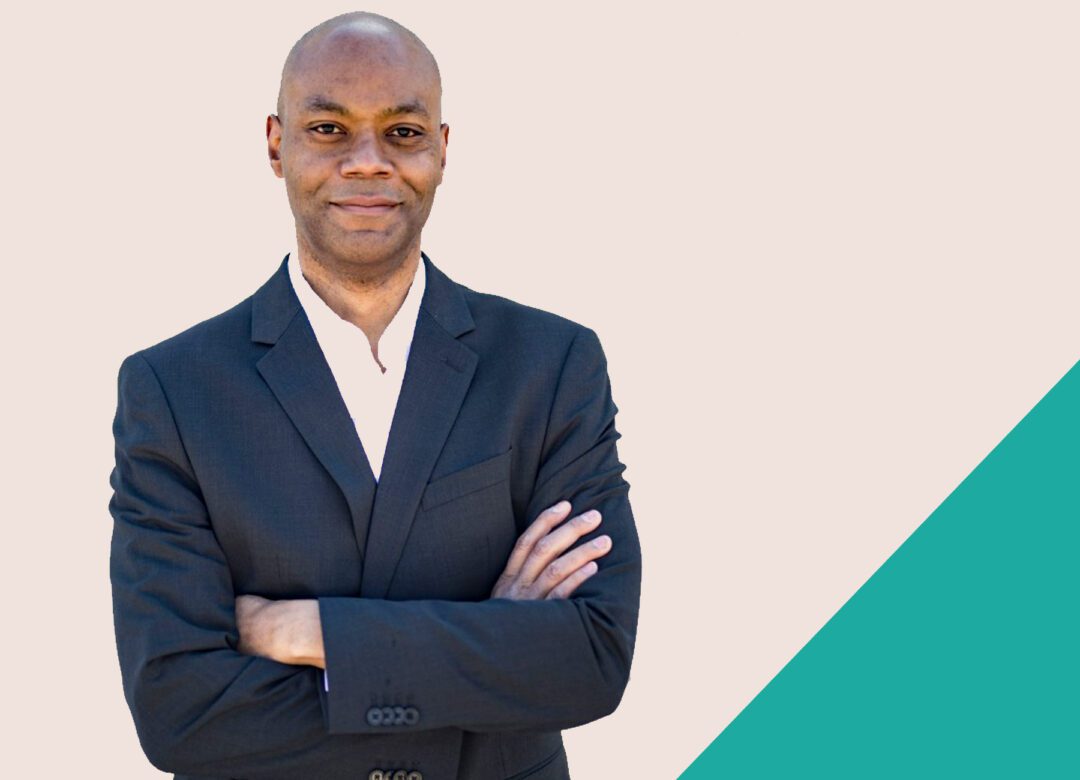
CEO of the Weeksville Heritage Center, in Brooklyn, Dr. Codrington is a civic-minded cultural anthropologist with a diverse professional history including domestic and international ethnographic research, academic publications, public speaking, higher education instruction, museum curation, and developing public programs and public policy.
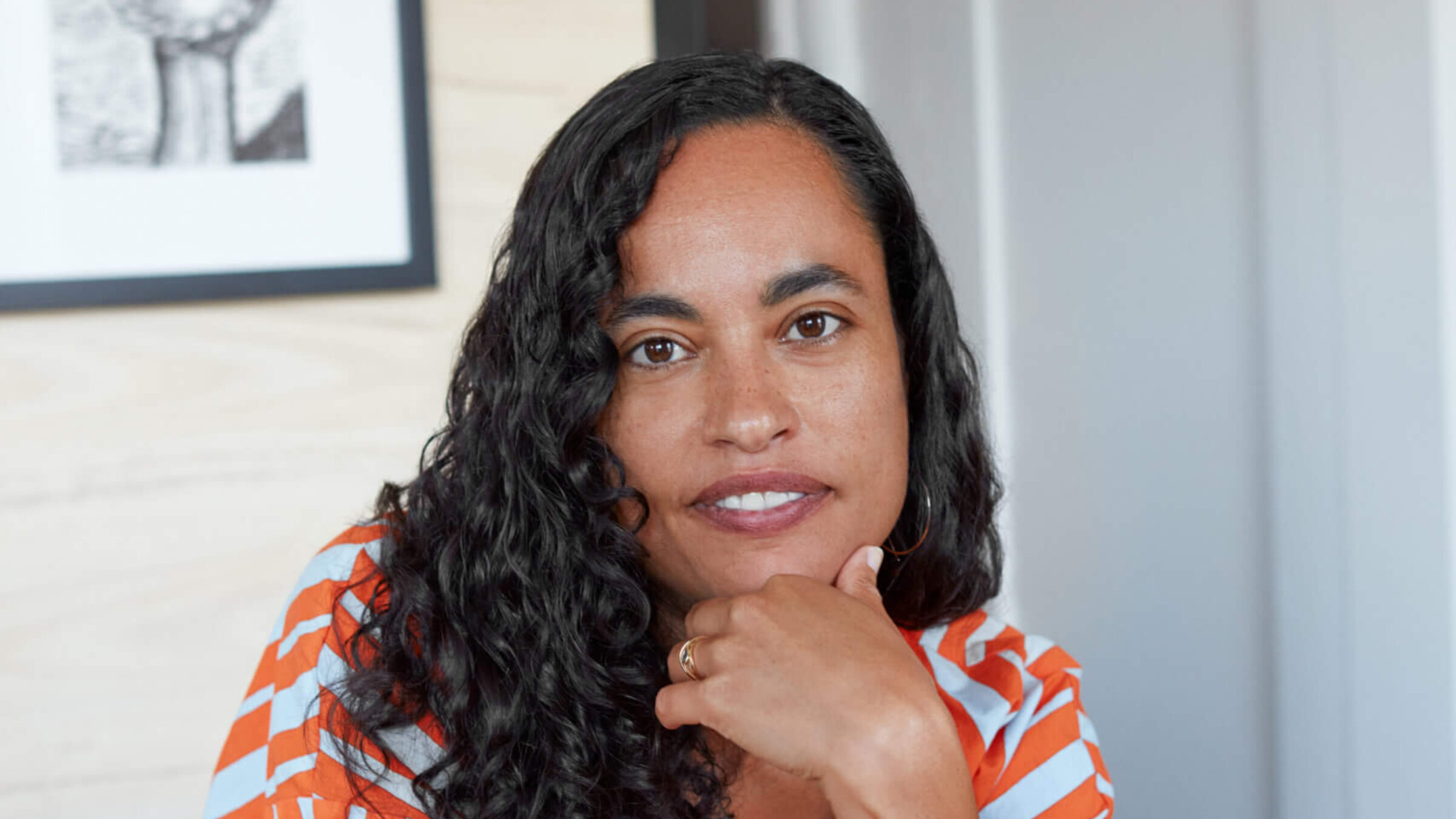
Chloë Bass is Co-Director of Social Practice CUNY and a multiform conceptual artist working in performance, situation, conversation, publication, and installation that have appeared in prominent venues in such locations as NYC, Los Angeles, St. Louis, New Haven as well as Belgium, Germany and Canada among other national and international venues.
Dec 23rd please submit your research and documentation for the class by this date *
_________________________________
* A report about your work is due by Dec 23 at the latest that consists of:
A. Documentation on your work in written and if possible visual form
B. Consider prompt-questions at bottom of syllabus for reflections on work
C. A bibliography of sources and references related to your work
Five Research Questions And some tentative propositions about SEA
1. The definition question: How does social practice differentiate itself from social service ? Is this important to resolve? What kind of questions and assumptions arise if we seek to make social practice its own distinct artistic method? And what sort of questions and assumptions arise if we do not differentiate it from art or from say, community work, environmental activism, urban reform, or social justice advocacy?
2. The institutionalization/academic question: Is social practice art radically opposed to mainstream art and culture? Is it rejuvenating it? Or is it being co-opted by it? How can we frame this question to get beyond simple answers and find a more engaging and useful thesis from which to work?
3. The context question: Who is a social practice artist and what sort of “agency” does she or he or they have in a world of hyper-surveillance and economic ? And who is such work made for and why? Is it global or local, white or black, academic, or populist? Does it have a specific historical framing? Is it logical to assume it will be part of future arts academic curricula and how will this alter the study of art and of art criticism, history, curating, etc..?
4. The “aesthetic” question: Is there a social practice art-aesthetic or form or repertoire of forms specific to this kind of work? If yes, what kind of questions do we need to ask in order to investigate what this particular aesthetic consists of? And if there is no such thing as a social practice aesthetic how will this “lack” impact the practice of social practice art if at all?
5. The organizational question: the practice of social practice art, as opposed to many other types of artistic practice, inevitably involves processes of organization, administration, and self-governance. What precedents exist regarding this conjoining of artistic and organizational needs and goals, and does a distinctive hybrid of some type emerge from this entanglement?
Five Evaluative Propositions for determining the presence of a “work of art”:
1. INTENTION – the artist means for the project [the work/performance/event/etc…] to be grasped as a work of art
2. ART-CENTRICITY – artistic concerns or activities are a central concern of the project including para-fictionality and pre-figuration.
3. INSTITUTIONALITY – the project is readable within the discourse and power relations of art industry/art history, criticism & theory
4. WORLDING / WORLD BUILDING – the project’s methods draw upon, explore, and/or expand a uniquely artistic world view or approach to research or expression or making.
5. TRESPASSING – SE Artist Rick Lowe’s term for mimicry & border-crossing visual art carries out into other disciplines, parts of society or the world.
_________________________________
_________________________________
Some Potential Places to Visit this Semester:
Creative Time Summit 2024: September 20 · 7pm – September 22 · 6pm EDT
AN ANNUAL CONVENING FOR THINKERS, DREAMERS, AND DOERS WORKING AT THE INTERSECTION OF ART AND POLITICS.
Express Newark is a center for socially engaged art and design in Newark, NJ, where people co-create, collaborate, and make art for social change. Since 2021, Express Newark has been led by Pulitzer-prize-winning critic and curator Salamishah Tillet as its executive director and conceptual artist and award-winning photographer Nick Kline as its creative director.
a gathering space supporting artists working at the intersection of art and politics as they continue to plot, orchestrate, and recharge from cultural, political, and social organizing work.
_________________________________
Additional Resources:
Part of the Practice: a podcast about the intersection of art & social justice (SPCUNY)
A Socially Engaged Arts Reader
Augusto Boal, Games for Actors and Non-Actors
Augusto Boal, Theater of the Oppressed
Jenny Odell, How to do Nothing
T. Finkelpearl, A Cooperative Animal
Ressler & Sholette, It’s The Political Economy Stupid
PPT: Some origin stories about socially engaged art
Luc Boltanski & Eve Chiapello, “The New Spirit of Capitalism” (2002 version)
From PAD/D to REPOhistory – collective art activism in the 1980s and 1990s
Resources:
Political Art Documentation/Distribution (1980-1988)
Additional Materials about REPOhistory (1989-2000):
1992 REPOhistory sign project catalog
Overview of REPOhistory 1989-2000
Online documentation of REPOhistory signs (select)
Fordham Urban Law Journal about 1998 REPOhistory project
______________________________________
______________________________________
2020: THEMM! collective photomontage envisioning a post-Covid cyber-classroom hovering between the future, present and the past in which (left to right) Malcolm X, W.E.B. Du Bois, Paulo Freire, Joseph Beuys, and Audre Lorde –all AI avatars designed by REU: Radical Educators Underground– gather to teach a student Zoombody by asking: what new, old, or repurposed learning tools are necessary now for realizing a post-social pedagogical commons? We imagine a supra-individual agency capable of mutating successfully within the hybrid classroom into an undereducational virtureality hub where an archival agency animates the electro-eusocial aesthetic of dark matter knowledge. We say: swarm the future with the agency of the past! Survival is Not Enough! Survival is Not Enough! Survival is Not…
__________________________________
Learning Goals & Course Outcomes
# Develop theoretical and historical knowledge of emerging social practice art field.
# Explore and debate complexities, paradoxes and possibilities of socially engaged art.
# Engage in original research related to social practices and individual student projects.
# Foster an environment for investigating cross-disciplinary exchange and critical thinking.
# Acquire working knowledge of seminal texts relevant to this field and in relation to the broader background of art history.
Five Research Questions this Course will Attempt to Answer
1. The definition question: How does social practice differentiate
itself from social service ? Is this important to resolve? What kind of
questions and assumptions arise if we seek to make social practice its own
distinct artistic method? And what sort of questions and assumptions arise if we do not differentiate it from art or from say, community work, environmental activism, urban reform, or social justice advocacy?
2. The institutionalization/academic question: Is social practice art
radically opposed to mainstream art and culture? Is it rejuvenating it? Or is
it being co-opted by it? How can we frame this question to get beyond simple answers and find a more engaging and useful thesis from which to work?
3. The context question: Who is a social practice artist and what sort
of “agency” does she or he have in a world of hyper-surveillance and economic ? And who is such work made for and why? Is it global or local, white or black, academic, or populist? Does it have a specific historical framing? Is it logical to assume it will be part of future arts academic curricula and how will this alter the study of art and of art criticism, history, curating, etc..?
4. The “aesthetic” question: Is there a social practice art-aesthetic or form or repertoire of forms specific to this kind of work? If yes, what kind of questions do we need to ask in order to investigate what this particular aesthetic consists of? And if there is no such thing as a social
practice aesthetic how will this “lack” impact the practice of social practice
art if at all?
5. The organizational question: the practice of social practice art, as opposed to many other types of artistic practice, inevitably involves processes of organization, administration, and self-governance. What precedents exist regarding this conjoining of artistic and organizational needs and goals, and does a distinctive hybrid of some type emerge from this entanglement?
& Five Evaluative Concepts for determining the presence of a “work of art” (these might be useful for your research and projects):
1. INTENTION – the artist means for the project [the work/performance/event/etc…] to be grasped as a work of art
2. ART-CENTRICITY – artistic concerns or activities are a central concern of the project including para-fictionality and pre-figuration.
3. INSTITUTIONALITY – the project is readable within the discourse and power relations of art industry/art history, criticism & theory
4. WORLDING / WORLD BUILDING – the project’s methods draw upon, explore, and/or expand a uniquely artistic world view or approach to research or expression or making.
5. TRESPASSING – Rick Lowe’s term for mimicry & border-crossing visual art carries out into other disciplines, parts of society or the world.
Assignments and Expectations
A. Generate questions and participate in weekly discussions with each other and guests
B. Be prepared to make a presentation of your ongoing research projects
C. Submit documentation of research project progress end of semester for SPCUNY website
Grading and Requirements
You are responsible for reading and discussing all assigned texts. Attendance is essential due to the participatory nature of this course. All students are expected to come to class prepared and on time.
If a problem arises regarding attendance or assignments, you should
contact me as soon as possible. Missing a class does not mean that you are excused from an assignment. In short, participation and attendance figure heavily in your overall evaluation and grade.
Evaluation:
33 % Participation in class
33 % Class presentation
34 % Final Project Documentation
CUNY Boiler Plate:
CUNY POLICY ON ACADEMIC INTEGRITY
The Policy on Academic Integrity, as adopted by the Board is available to all candidates.
Academic Dishonesty is prohibited in The City University of New York and is punishable by penalties, including failing grades, suspension, and expulsion. This policy and others related to candidates’ issues are available to you at: http://qc.cuny.edu/?id=IUHC
USE OF CANDIDATE WORK
All teacher education programs in New York State undergo periodic reviews by accreditation agencies and the state education department. For these purposes, samples of candidates’ work are made available to those professionals conducting the review. Candidate anonymity is assured under these circumstances. If you do not wish to have your work made available for these purposes, please let the professor know before the start of the second class. Your cooperation is greatly appreciated.
REASONABLE ACCOMMODATIONS FOR CANDIDATES WITH DISABILITIES
Candidates with disabilities needing academic accommodation should: 1) register with and provide documentation to the Special Services Office, Frese Hall, Room 111; 2) bring a letter indicating the need for accommodation and what type. This should be done during the first week of class. For more information about services available to Queens College candidates, contact: Special Service Office; Director, Miriam Detres-Hickey, Frese Hall, Room 111; 718-997 5870 (Monday – Thursday 8:00 a.m. to 5:00 p.m. & Friday 8:00 a.m. to 4 p.m.).
______________________________________________

